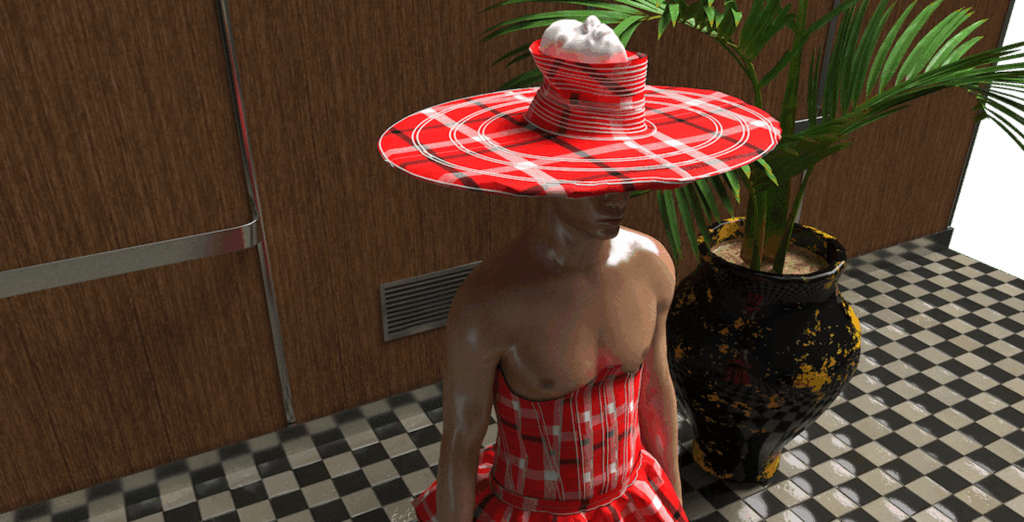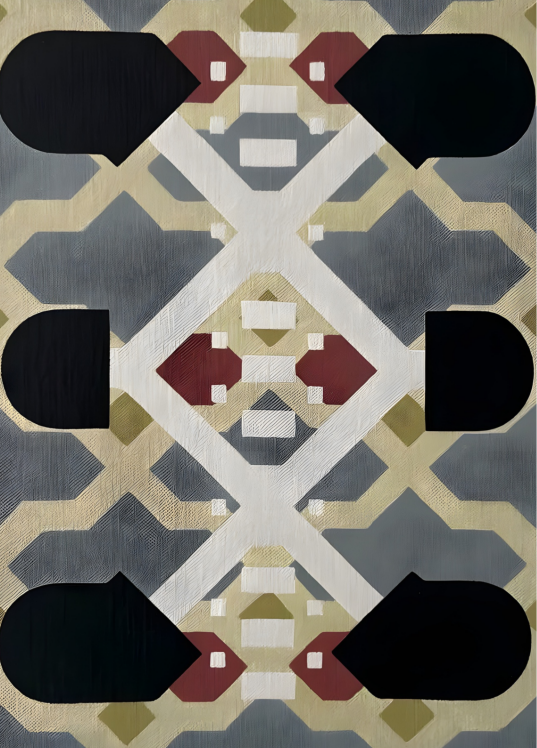Today’s theme of the conference on Equity, Diversity & Inclusivity, subtended through the issue of decolonisation of the curriculum and wider participation through access to education, is set against a backdrop of global systemic violence, epistemic racism, agonising grief and extant suffering. From the humanitarian crisis in Congo to the attacks faced by Armenians in the Artsakh region, or massacre of Rohingya, or the Russian invasion of Ukraine, or the mass internment and cultural genocide of the Uyghurs in northern China, as well as the ongoing ethnic cleansing in Sudan – the list goes on and on – the world we inhabit is pervasively violent, extractive and dehumanising. The need to change the conditions of this world we live in requires radical reparation, understanding the pain of another, and that all lives are equally grievable.
Today is a day of sorrowful commemoration of the events of eighty-five years ago. The 9th of November 1938 is what is euphemistically known as Kristallnacht, a historical turning point that marked the violent systemic persecution of Jews throughout the German Reich, when antisemitism, which had simmered through successive political and economic crises in Europe, exploded in one of the most monstrous crimes in human history. Adorno called this event as unrepresentable in its utter negation of human existence and that no artistic treatment whatsoever can be produced with regard to the holocaust. In light of a faithfulness of memory and the formidable challenges that lie ahead, the fundamental question we are confronted with today, which requires a special sensibility, is how can higher arts education imagine a future where we live in freedom, equality and justice?
Today is a day of mourning the lives in Israel and Palestine. A fragile and traumatic humanitarian disaster of so much death, destruction, displacement and dehumanisation. We are deeply heartbroken and unambiguously condemn the profound injustices endured and the loss of each civilian life. We stand firmly against discrimination in all its forms and call for a permanent and sustainable ceasefire.
We stand in support of our all our colleagues, students and alumni affected by the violence and our thoughts are with them during this gruelling and painful time.
Racism, Islamophobia, antisemitism, abuse, incitement or any form of harassment will never be tolerated at the Willem de Kooning Academy.
We find ourselves in times of debilitating polarization, a war of one-sided truths, in which we barricade ourselves in strongholds, confined to our own outrage, united only with those who look and speak like ourselves. While negating the whole truth, we are complicit, often times reproducing the violence we claim we are against.
From this place of horrific suffering, where do we go from here, how do we act as higher arts educators to overcome the shared pain and outrage, how might we stage the debate on struggles for true equality that have the potential to create new forms of political freedom and justice that attend to the complexity of histories past, of our present and coming future?
Today is not a celebration that illuminates equity, diversity and inclusivity, but a day shrouded in darkness. To mark this, we have turned off the lights of the artwork at our entrance “I have to change to stay the same”. They will remain off until a ceasefire resolution in Palestine is negotiated.
When it comes to human life and its ethical and existential sense of horror, we must assert change if there’s any chance of us being able to act, so as to not stay the same. We owe it to ourselves and to those actually harmed to do better.
With best wishes,
Úna Henry
Dean Willem de Kooning Academy
Note: This is the text of the official kick-off of the EDI conference on November 9 at the Willem de Kooning Academy.

